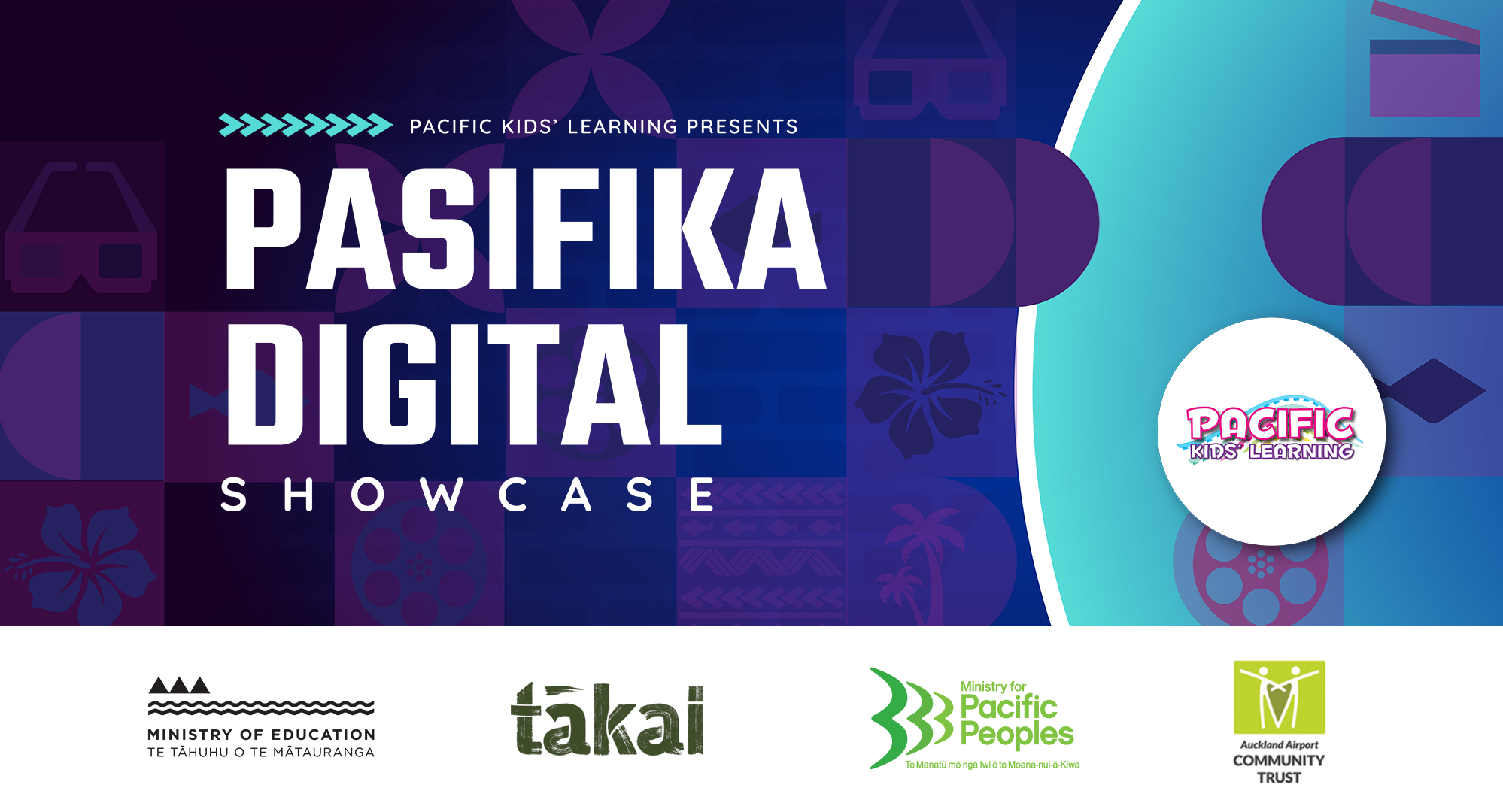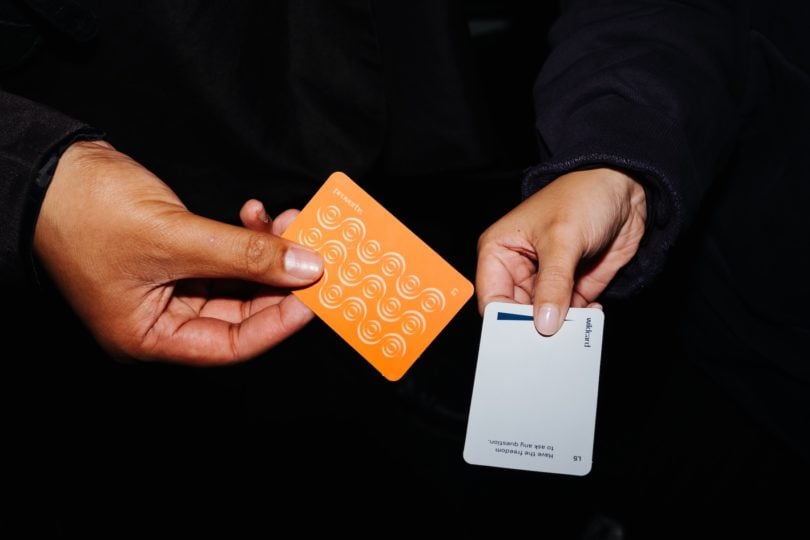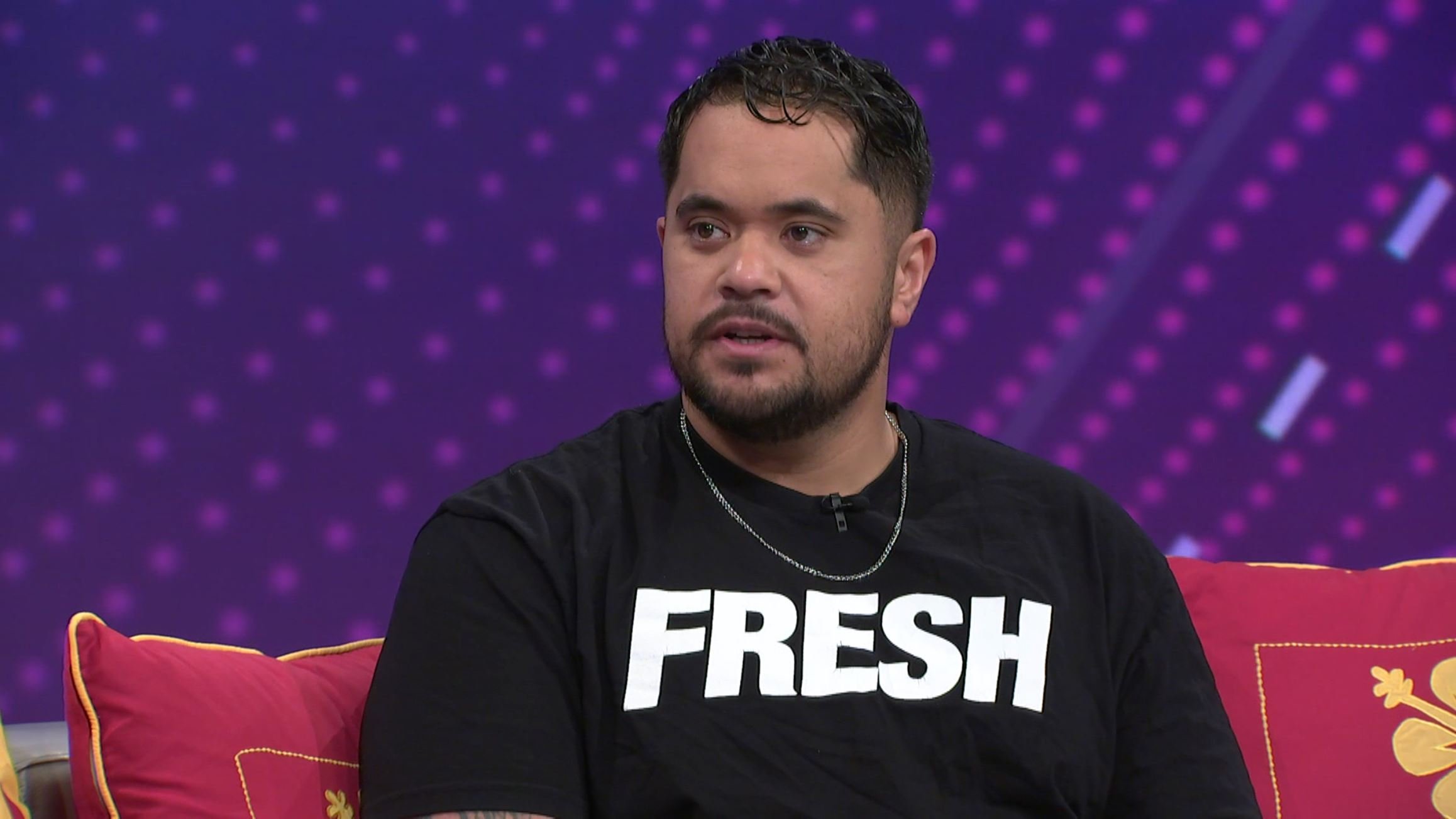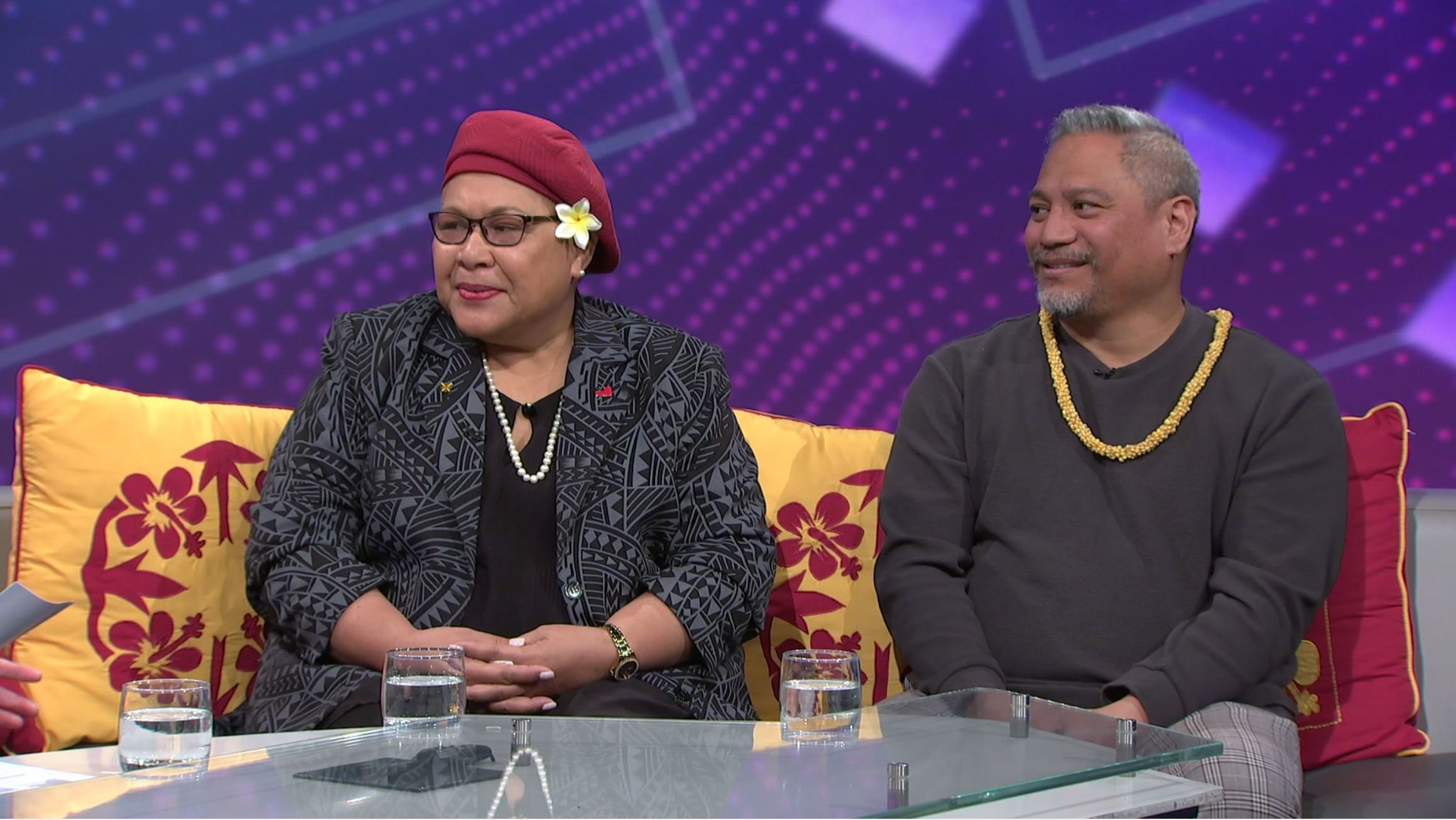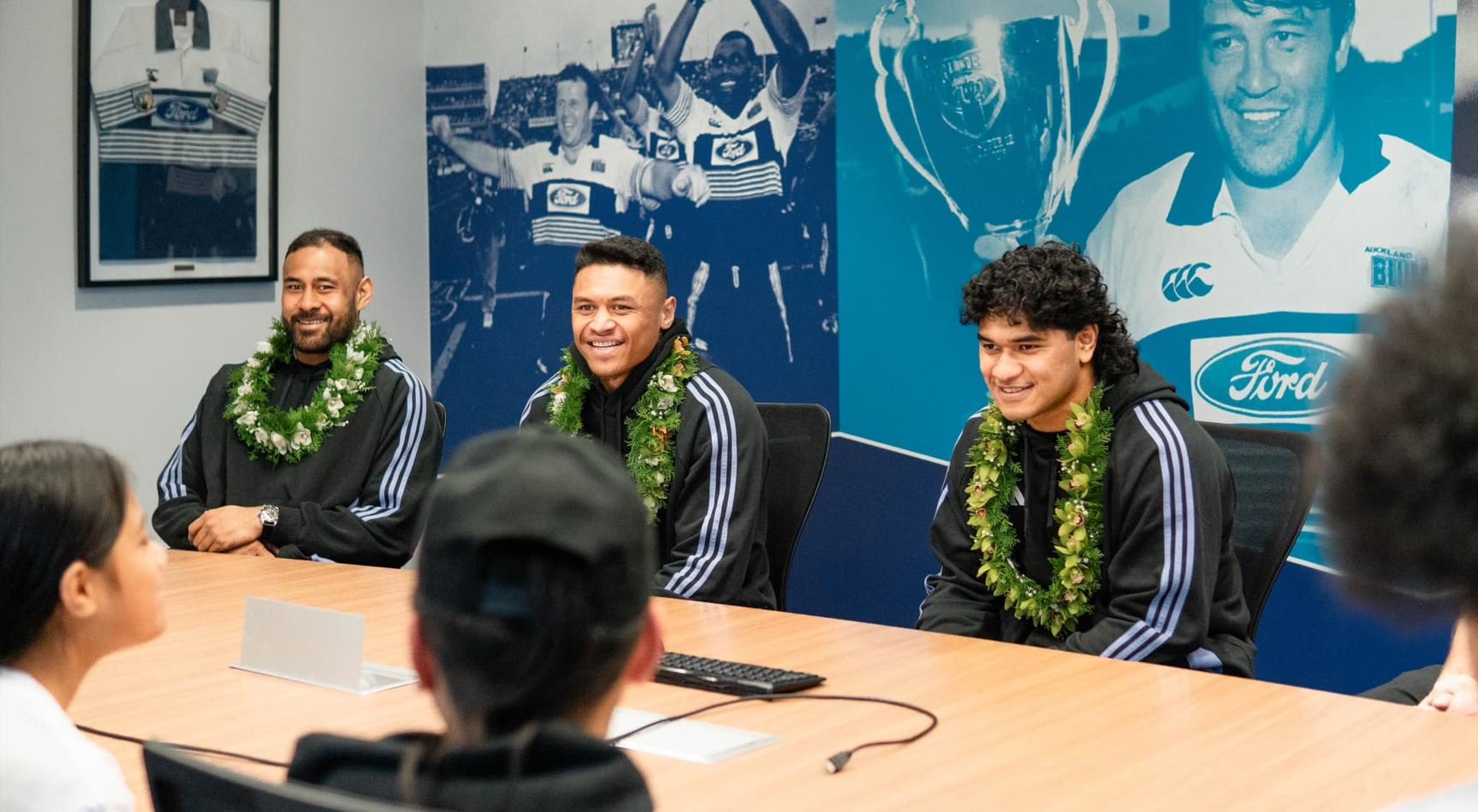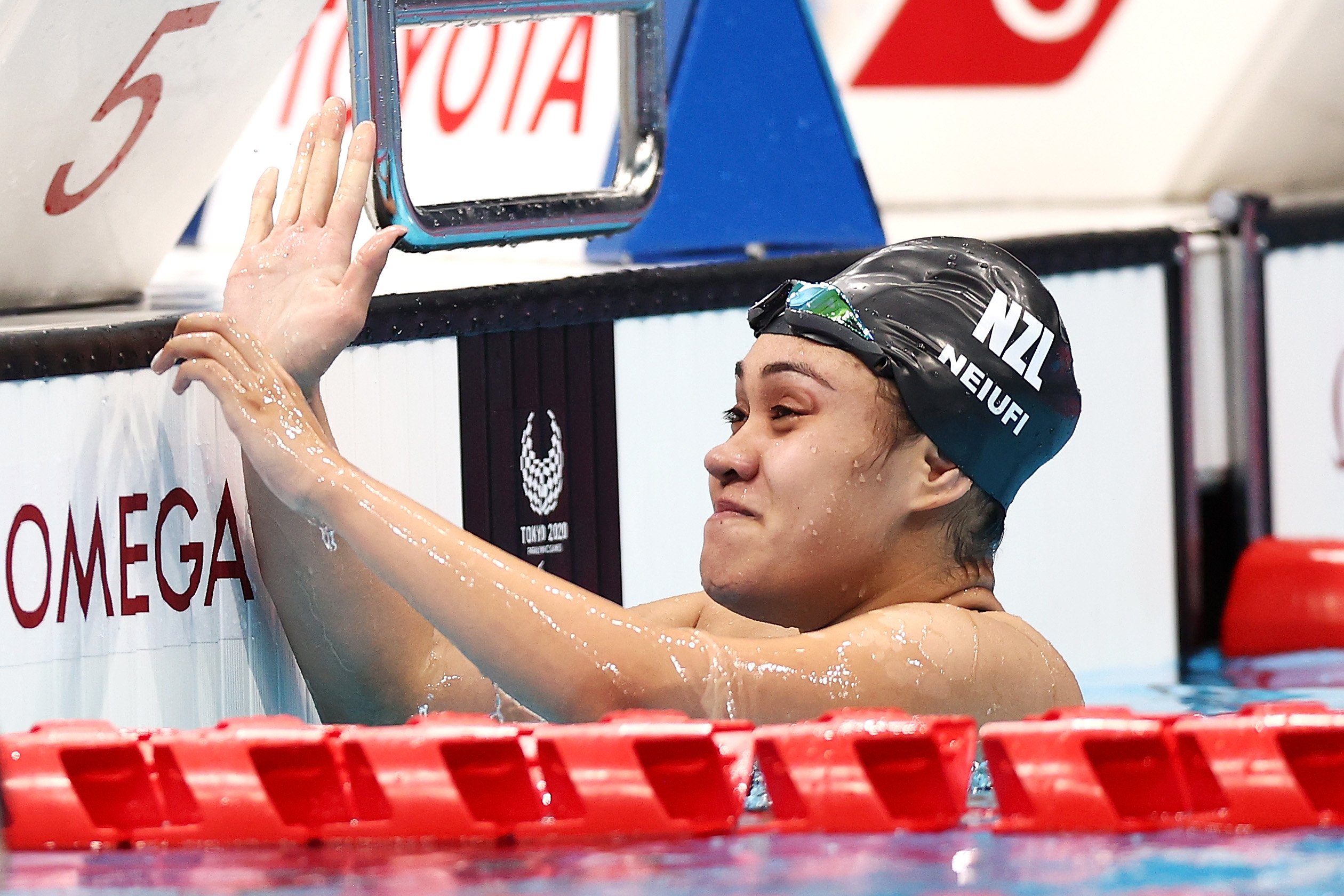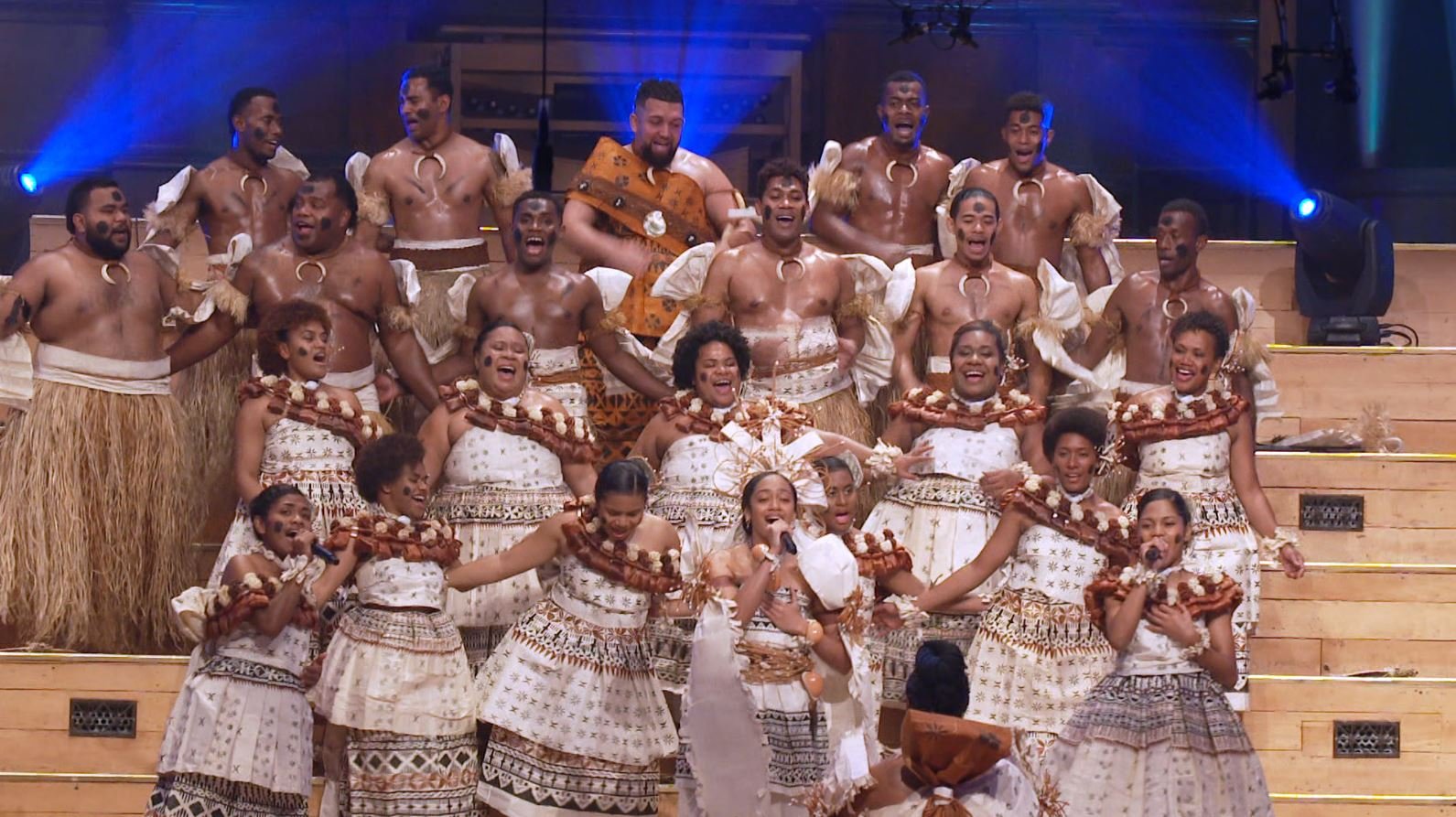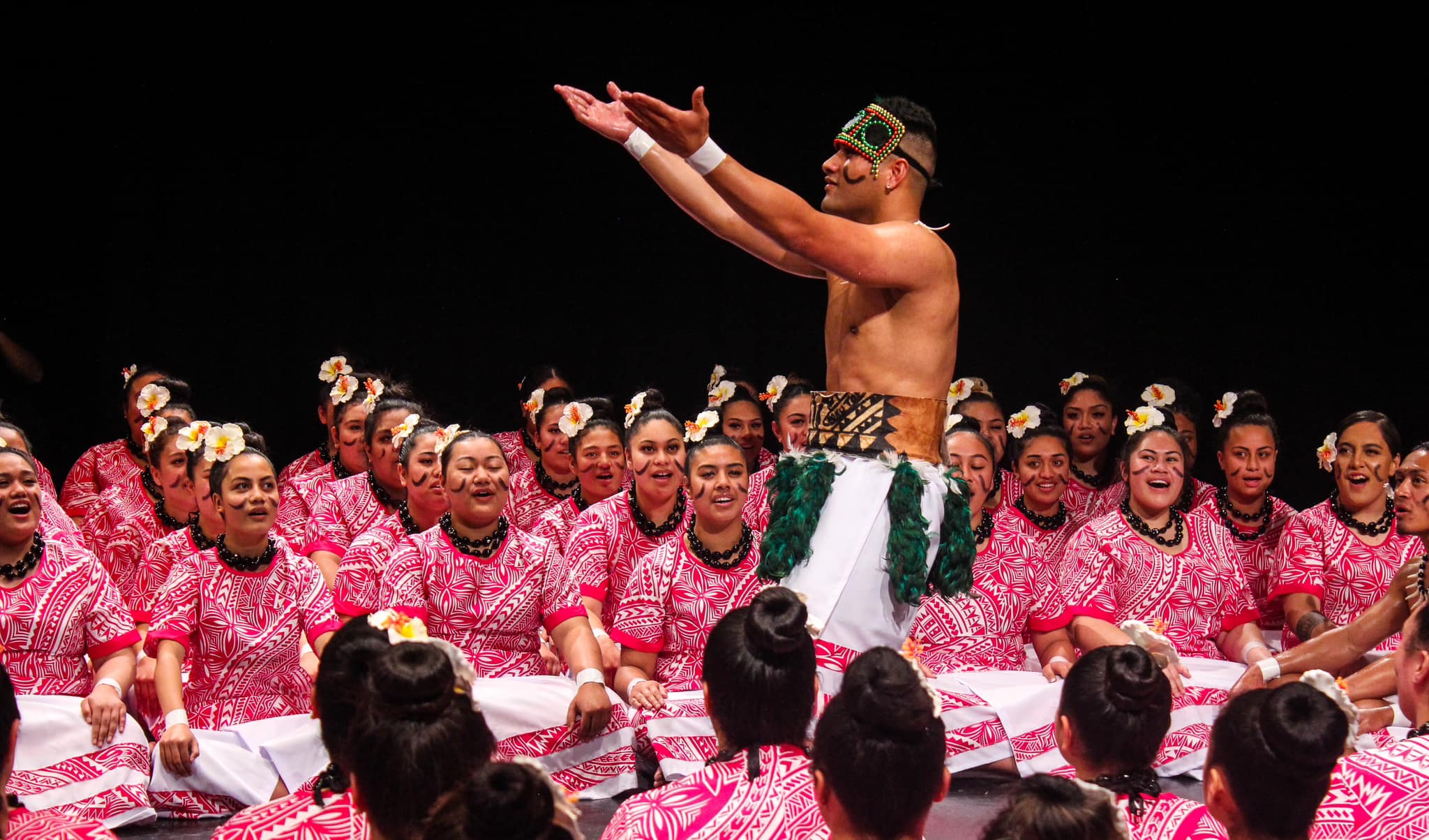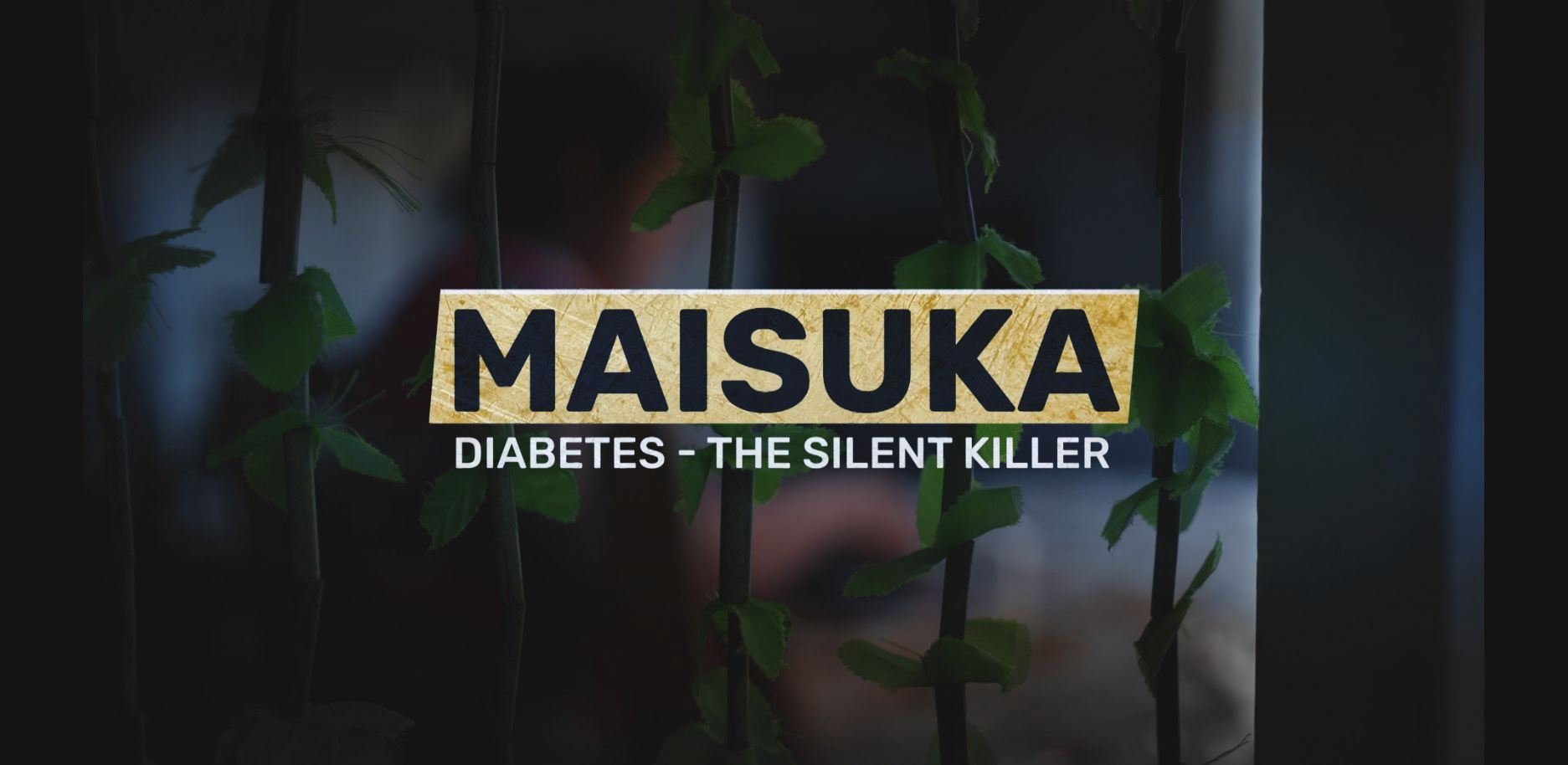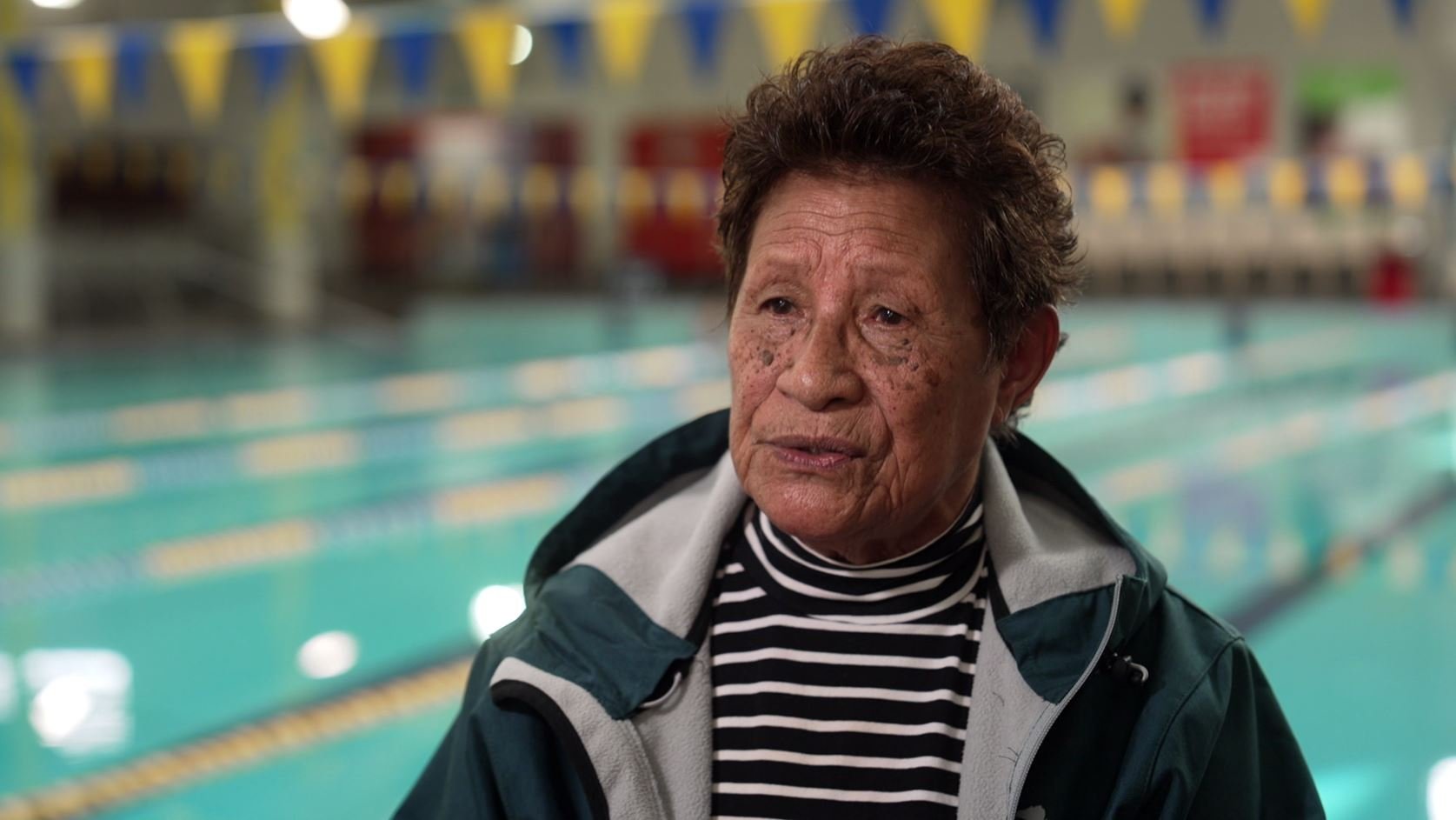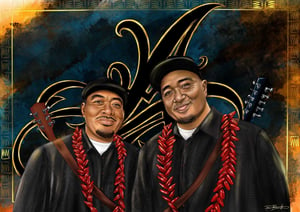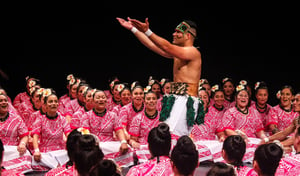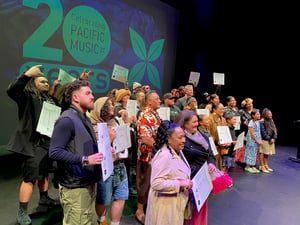Public Interest Journalism funded through NZ On Air
As the dust settles on the Samoan Language Week and Samoa Independence celebrations, we take a moment to reflect on the progressive journey over the past 61 years voyaged by Samoa and its people across the world.
Often we hear the word “tautua” in these conversations, a word that signifies wholeheartedly the epitome of being Samoan. Tautua is defined by Leausalilo Dr Sadat Muaiava through its two parts ‘tau’ and ‘tua – tau meaning to serve and tua signifying the back. In summary, it means to serve from the back, doing the hard work without being rewarded.
The Samoan saying goes, O le ala ile pule o le tautua/The pathway to leadership, signifying that nothing is given freely and everything must be earned.
Someone who understands this fully is Faivaeselopepe Anric Sitanilei. Having completed his tatau (Samoan tattoo) last year, Sitanilei documented the journey and compiled it into a documentary, ‘Tautua:Inked in Service’.
In the documentary, viewers are able to witness first hand the excruciating pain as Sitanilei is inked from the stomach all the way down to just above his knees.

Speaking with Sitanilei after the release of his project, he admitted that although it was a long journey, he was grateful for the support system he had in place.
“My family’s always been supportive of my work and anything I do,” he says.
“It’s also been good hearing from other people in the community who have shared similar experiences with me in their journey with the tatau. And there are also those who are planning to get it who have found it very useful and informative.”
“When I was younger, I used to think how cool it would be to wear it on me, but now that I’m older I understand that it means more and it represents my culture.”
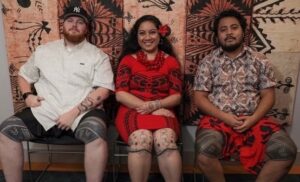
As the documentary highlights the physical side of receiving the tatau, it also offers an insight into the culture of the tatau, and the many queries that have tangled and twisted Samoans on matters related to it.
Sitanilei describes getting the tatau in the documentary as a “rite of passage”, marking a significant milestone in a person’s life such as reaching adulthood or achieving a particular social status in the cultural seating.
Due to its significance, it has been a widely debated issue on who exactly is fit to receive the tatau?
“I think that was one of the questions that I wanted to not so much answer, but wanted to engage in that conversation,” Sitanilei says.
“Let’s be real, the tatau is a very dividing topic in our culture. There are people who are strong in their opinions that certain people can get it if they meet certain requirements.
“But I know for a fact that when you are under the au (tool used for tatau), I am not thinking of all of that on whether I am worthy or not. So to me, if you are willing to go through this journey, you are already worthy because it really is a mission.”
Sitanilei was fortunate to have Ta’iao Matiu Dr Matavai Tautunu who is the Director of Samoan Studies at the National University of Samoa feature on his documentary.
Dr Matavai highlighted that although questions do arise whether people have done enough “tautua” to be rewarded with the tatau, Samoans need to understand that tautua/serving looks different these days.
“The Samoan culture is shifting,” Dr Matavai says in the documentary.
“There is an increasing emphasis on service/tautua from afar in bestowing chief titles and giving land to those who reside overseas.”
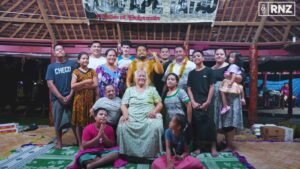
Being able to serve for the family is different these days as the majority of Samoans seek opportunities outside of the motherland, with the intention of giving back or ‘serving/tautua’
to their family,church and country.
For Sitanilei, the documentary may have created discussions on tatau matters, but he hopes it opens doors for other cultures to unravel their cultural queries especially amongst the young generation.

“I wouldn’t hope for this documentary to have the final say on what’s wrong or right, but more so to engage in conversations and have a discourse about it,” he says.
“The world we live in is evolving and there are plenty more stories to explore. My advice to anyone willing to undergo the journey of receiving the tatau, it’s all about the mental aspect.
“It hurts and there’s no denying that, but know that you are doing the culture,country and your family proud.”

